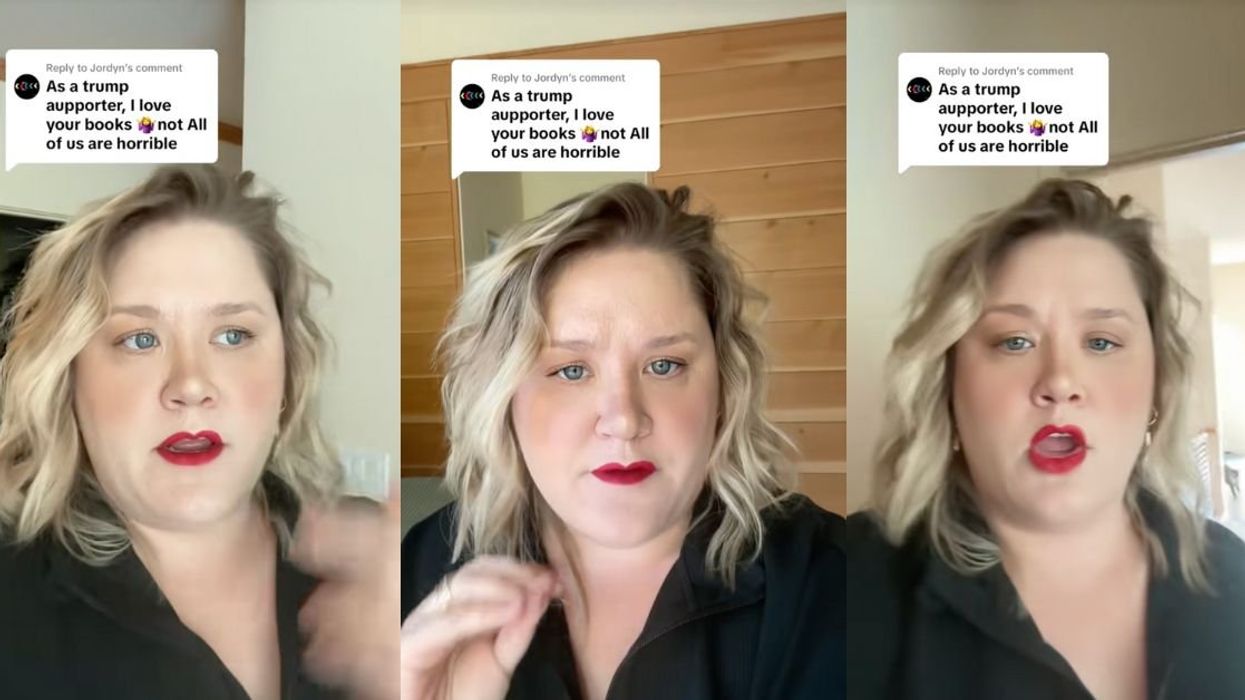OpenAI CEO Sam Altman insisted that the California-based AI research organization was "not for sale" after Elon Musk's investor group offered $97.37 billion to buy the nonprofit that controls OpenAI.
Musk and Altman were among several others who co-founded OpenAI in 2015 to rival Google's dominance in AI. Musk initially funded the project with $45 million to get the company on its feet.
Three years later, he departed the company and launched his own AI startup, xAI, which powers the chatbot Grok.
Now, Musk wants control of OpenAI.
The SpaceX founder and his consortium of investors, including Endeavor CEO Ari Emanuel, made the unsolicited bid of $97.37 billion and stated they were "prepared to consider matching or exceeding higher bids.”
Altman held firm in his stance that OpenAI was not for sale in an interview with Bloomberg Television from France at the Paris AI Action Summit.
“Elon tries all sorts of things," said Altman, and when asked his thoughts on Musk's drive and ambition, he continued:
"I think [Musk's] trying to slow us down."
"He is obviously a competitor. He … raised a lot of money for xAI and they’re trying to compete with us, trying to get the product into the market," Altman said, commenting on the intensified AI wars.
"I wish he would just compete by building better products."
Altman continued:
"I think there’s been a lot of tactics, many, many lawsuits, all sorts of other crazy stuff. Now this. And we’ll try to just put our head down and keep working.”
When asked whether or not Musk's "approach" in trying to acquire OpenAI stemmed from his own insecurities about xAI, Altman replied:
“Probably his whole life is from a position of insecurity. I feel for the guy."
This prompted the interviewer to ask:
“You feel for him?”
Altman confirmed that he did, adding:
"I think he’s like, not a happy person. I do feel for him.”
You can see a clip of the interview here.
The internet saw his point and shared their opinions on Musk.
People continued giving Altman props for his articulate but non-aggressive assessment of Musk.
The interviewer touched on Musk being closely allied to Republican President Donald Trump and asked Altman if he was worried about Musk influencing the "decision-making" and policies regarding the AI agenda.
“Maybe I should, but not particularly," said Altman, adding:
"I mean, I try to just wake up and think about, like, how we’re going to make our technology better.”
Altman also touched on concerns over Chinese ChatGPT Deepseek's popularity surge when the interviewer asked him about having more clarity on whether or not Deepseek "distilled" or "inappropriately used their inferencing data."
"I mean, whether they did or didn't, they've built a good model. Many people will distill from many other models," he said.
“Again, I feel so confident about our research roadmap and also our product roadmap that you know DeepSeek will do whatever DeepSeek is going to do."
"Other people will do whatever they’re going to do. And we’re just going to try to build the best technology we can and get it into people’s hands.”
The feud between Musk and Altman reached a tipping point when the Wall Street Journalbroke the news about Musk's investment group making the unsolicited bid.
“No thank you but we will buy twitter for $9.74 billion if you want," wrote Altman on X (formerly Twitter) on Monday.
Musk fired back by resorting to Trump-like name-calling by invoking the moniker "Swindly Sam."
In February 2024, years after Musk left OpenAI to start xAI, the tech billionaire sued Altman and OpenAI for allegedly violating the charitable foundation the company was based on. Musk withdrew the lawsuit the following month after he and Altman reportedly met at a conference, according to the New York Times.
However, Musk refiled it in August.
In response to Musk's unsolicited bid to buy OpenAI, Wedbush analyst Dan Ives observed:
“We view this bid as not competitive but with the intention to slow down the OpenAI capital raising process as the Board now has to look at this bid even though the valuation is likely closer to $300 billion."
Ives continued:
“With Musk’s existing lawsuits against OpenAI to block the company’s transition to a for-profit entity, Altman and Musk’s current feud continues to heat up as this battle heads to court with the judges now deciding whether the company is fulfilling its non-profit mission of developing AI to benefit humanity rather than focus on making money.”
Altman told Bloomberg OpenAI's non-profit model was not going to change but stated the board was considering options on "how to best structure" the company for the next phase without losing sight of its non-profit origins.








 @PreetBharara/X
@PreetBharara/X @RepBrendanBoyle/X
@RepBrendanBoyle/X @twesq/Bluesky
@twesq/Bluesky @christopherharris/Bluesky
@christopherharris/Bluesky @evangelinewarren/X
@evangelinewarren/X






 @FrankC164/X
@FrankC164/X
 AMC
AMC